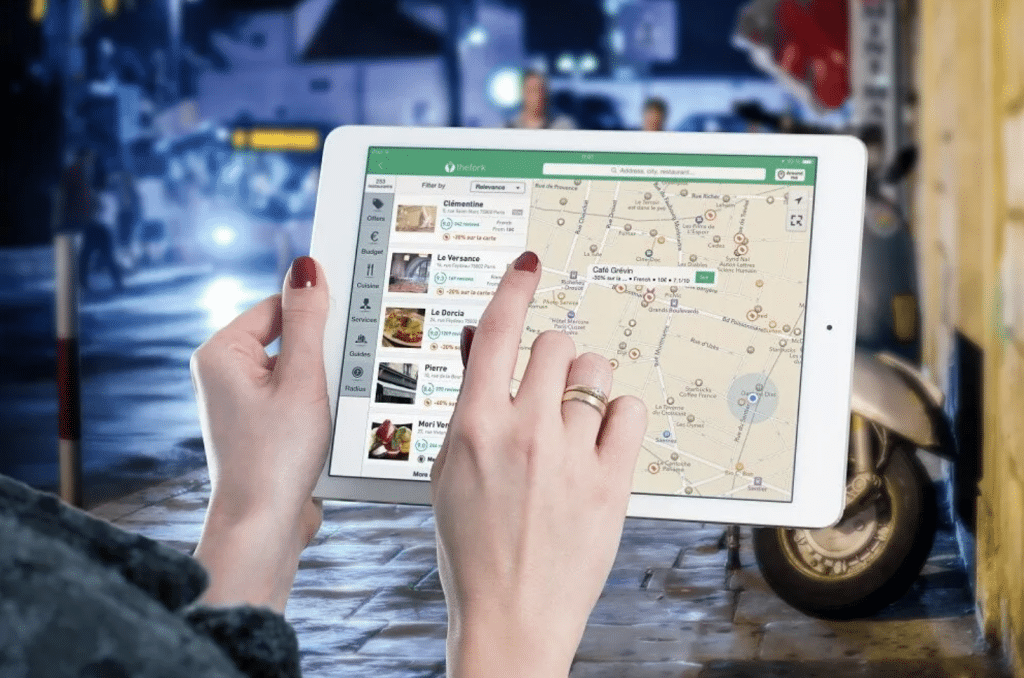Travelers and entertainment seekers can now plan entire trips and discover new experiences right from their smartphones, thanks to innovative mobile apps. As digital technology continues to advance, mobile apps are completely transforming how people research, book and enjoy vacations and events.
Mobile Travel Planning Reaches New Heights
The mobile travel industry has exploded in recent years. Statistics show that in 2025, over 80% of travelers will use a travel app to book flights, hotels, rental cars and other trip essentials. Additionally the top travel apps generate over 100 million downloads each year.
Trip planning and bookings via smartphones offer many advantages for modern travelers. Location services, interactive maps, online entertainments like Asino casino and real-time alerts allow mobile apps to provide a customized experience not possible with traditional travel agencies and guidebooks.
Key Benefits of Mobile Travel Apps
- Convenience: Book entire trips 24/7 without visiting multiple websites
- Savings: Get exclusive mobile deals and flash sale notifications
- Simplicity: Manage all travel plans and documents in one place
- Safety: Access emergency services and update family on your location
- Inspiration: Discover sights and destinations with interactive guides
| Year | Mobile Travel Bookings | Total Online Travel Bookings |
| 2020 | $45 billion | $210 billion |
| 2025 | $156 billion | $420 billion |
Here is the table presented in a classic format:
Projected global travel booking revenue through mobile vs. total online
As these impressive statistics demonstrate, mobile now accounts for over one-third of online travel bookings and that share continues to rise rapidly.
Entertainment Discovery Apps Connect Users to Local Events
In addition to transforming travel plans, mobile apps also enable users to discover entertainment options and events within their current location or future destinations. Augmented reality, real-time ticket sales,and personalized recommendations are just some of the app features changing the way people find and experience concerts, shows, conferences and more.
Over 50% of event tickets are now purchased via mobile apps. Event organizers can promote their offerings directly to nearby app users who match target demographics. Meanwhile users can explore local happenings, receive priority access to hot events before they sell out and get discounts or upgrades only available on the app.
Unique Features of Entertainment Discovery Platforms
- Location-based suggestions: Find nearby events happening now
- Interactive venue maps: View seat options and amenities before purchasing tickets
- Digital ticketing: Gain contactless entry to events using mobile tickets and passes
- Live streaming: Experience events virtually in real-time when in-person attendance isn’t possible
- Gamification: Earn rewards, achievements and status for attending events
| Year | Tickets Sold via Apps | Total Tickets Sold |
| 2020 | 25% | 1.5 billion |
| 2025 | 63% | 2.1 billion |
Mobile ticketing as a percentage of total ticketing market
The impressive adoption of mobile ticketing demonstrates how apps are transforming event discovery and attendance. Fans can now learn about nearby concerts, purchase last-minute tickets at a discount and share their experience on social media instantly from their smartphone.
Future is Mobile
As smartphones, cellular networks and mobile processors grow more advanced, travel and entertainment apps will become even more immersive and integral to how people plan vacations and find local events. Virtual reality apps will allow users to preview hotels, landmarks and venue layouts before purchase. Predictive artificial intelligence can suggest itineraries and entertainment options based on personal preferences. And expanded connectivity from 5G enables exciting new mobile capabilities.
Over the next five years, analysts expect mobile travel bookings to surpass $250 billion annually while location-based entertainment apps continue attracting new users. Consequently, businesses must optimize their platforms and offerings to engage with consumers via mobile—or risk losing out to competitors who do. Because in the end, the smartphone has become the preferred device for planning, booking and enjoying travel as well as discovering nearby events. And that mobile revolution shows no signs of slowing down.
